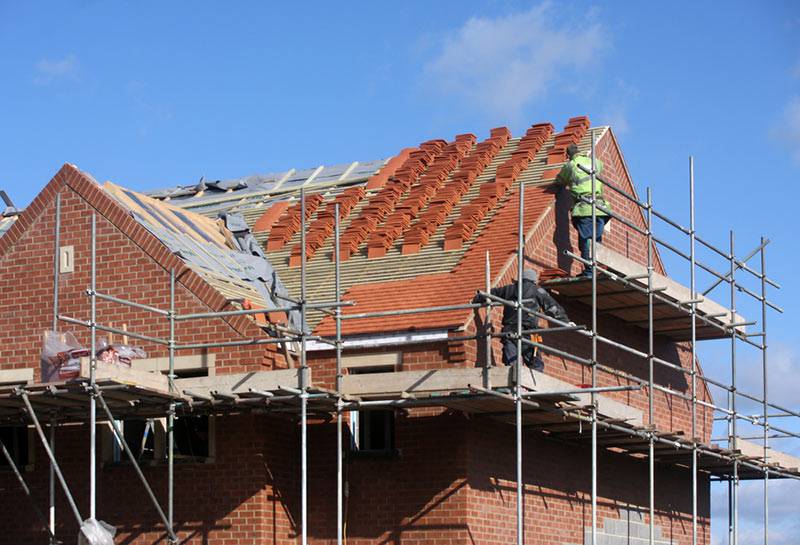New apartments have been officially opened to provide accommodation for nine young homeless people at the Quaker Meeting House in Grosvenor Park – the culmination of a project that has taken 12 years.
They will act as a place where residents of the current YMCA’s Ryder House hostel can ‘move on’ when they are in a position to live more independent lives.
The new project is only for people from Tunbridge Wells, and is the result of a partnership between West Kent YMCA, West Kent Quaker Area Meeting and Habitat for Humanity Homes.
More than £800,000 has been spent, including a £250,000 grant from the borough council.
YMCA clients helped to transform the 120-year-old Meeting House through the organisation’s Horizon Project, which offers practical courses for skills such as carpentry and plumbing.
There are currently 37 young homeless people at the existing Ryder House in Belgrave Road, where they are allowed to stay for a maximum of two years, after which they had previously been left to fend for themselves.
Now the young people will be able to live in the new flats while they find their feet.
Gareth Hepworth, Chief Executive of Habitat for Humanity Homes, said: “Some of us felt it would never happen, but it’s testament to partnership and vision, especially the Quaker Friends. Their vision over a very long time has driven this project forwards.”
Habitat for Humanity help churches who are interested in developing their land to find affordable housing.
Sue Hall, of the West Kent Quakers, described the process as ‘a 12-year game of snakes and ladders, and at times it felt like there were more snakes than ladders’.
The partners believe that a rise in homeless young people is putting pressure on the limited supplies of emergency housing.
At the same time, the amount of affordable ‘move-on’ accommodation is shrinking, piling more pressure on the systems to support homeless young people in Tunbridge Wells.
Rob Marsh, Chief Executive of West Kent YMCA, said residents will be required to have a job before they move in.
They will be charged the Local Housing Authority allowance of £77 per week – considerably less than the rent would be on the private market in the town.
If they lose their job, they will be able to stay on with benefits covering the rent.
“Once they find a better job and can afford a higher rent or a car, then they can move on from here to somewhere else,” said Mr Marsh.
“I can’t see a problem with someone staying here five years, but I think it’s unlikely.
“If they like it here and they’re a good influence we’re not going to say ‘on your bike’. But if they are beginning to regress, then we will say ‘sorry, it’s time to move because we’ve got people queuing up to get into the flats’.”
The apartments would provide ‘strong, safe, secure, stable stepping stones for young people’ who had been through the ‘painful journey going from exclusion to inclusion to independence’.
They would also free up more space at Ryder House to take more young people off the streets.
Mr Marsh added: “We are all one phone call from being homeless.
“It’s vital we provide support as well as realistic, affordable housing options for young people wanting to work and contribute to our town.
“It’s taken us 12 years, but we are looking at another 120 years of service to the community – and that’s not unrealistic, is it?”








